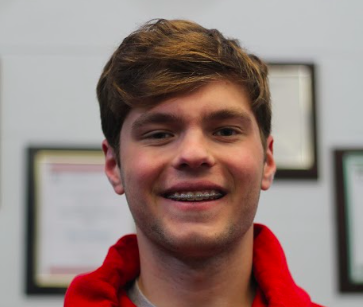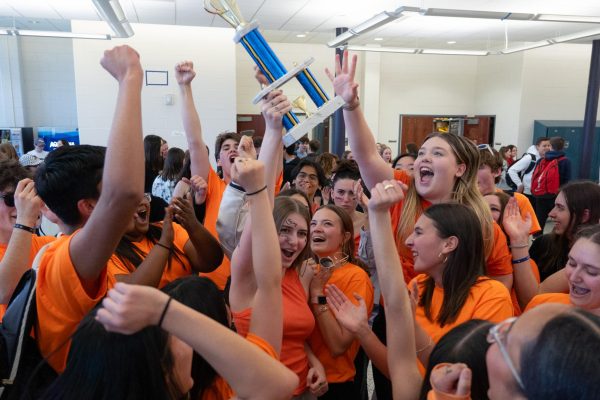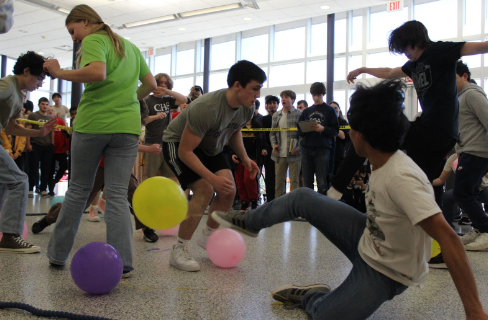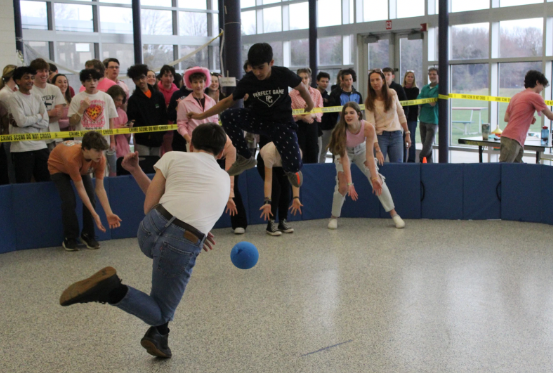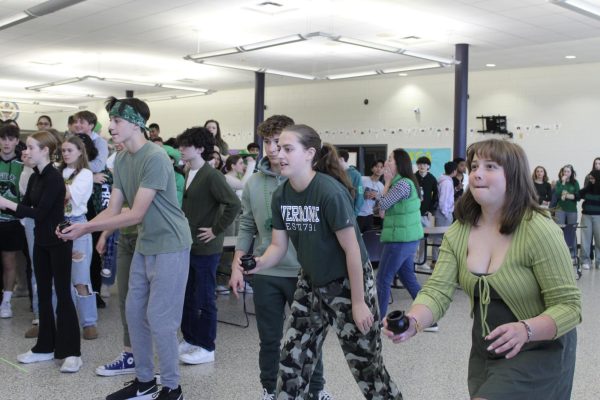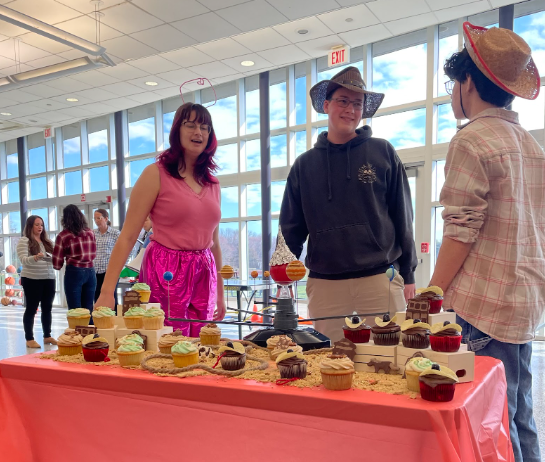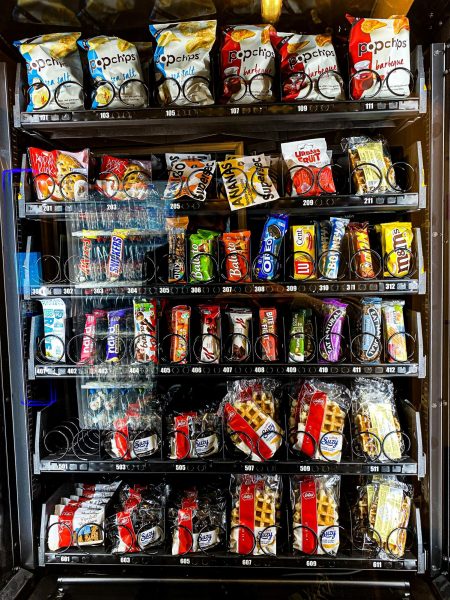Seniors code a way to safety in the Congressional App Challenge
UNSPLASH PHOTO COURTESY OF Markus Spiske
Students in the Advanced Java Programming class use their skills to create applications for Android devices and enter the Congressional App Challenge. https://unsplash.com/license
January 28, 2022
CHS seniors Jacob Bardinas of Keyport, Kylie Fuerbacher of Middletown, Aydin Gurudutt of Marlboro and Will McHale of Middletown stayed far away from danger when they recieved honorable mention in the 2021 Congressional App Challenge for their app, Aegis, on Tuesday Dec. 14, 2021.
The Congressional App Challenge is an annual competition where students from across the U.S. design and build applications for Android devices. The event started in 2013 and aims to inspire students to pursue careers in computer science.
According to Advanced Java Programming teacher Laura Gesin, the challenge has become an annual tradition for CHS since 2017.
“What students do is they come up with the idea of an app, and we build the idea of the app in Android Studio,” Gesin said. “We submit a video of the app in action. The winners would then go to Washington D.C. to present their app and have it on display in the U.S. Capitol Building.”
Fuerbacher, the group’s leader, designed Aegis to send a distress signal if the user is in danger.
Fuerbacher was the head designer of Aegis, managing other group members, putting ideas into action and creating the graphics for the app. McHale was responsible for designing the interface. Gurudutt created many of the special features of the app, such as a “night mode.” Finally, Bardinas was described as “the rock” of the group by McHale, working on the back end code for the app.
Aegis is designed as a safety app to alert others if the user is in danger. “The app allows users to set an emergency message that will be sent to a contact if they are not okay,” McHale said. “The app checks on the user after a time period is set and they press a button to reset the timer. If they do not press the button, the message is sent.”
One of the most challenging parts of designing the app was working with Android Studio. The group had little prior experience with the software, which caused difficulties.
“We were learning how to use the Android Studio IDE [Integrated Development Environment] while developing the app,” Bardinas said.
Despite this challenge, the group was able to work together to complete the assignment.
“The most rewarding part was watching everything come together and actually work,” Gurudutt said. “It was a daunting task, but as it started to pull together, it was really nice to see.”
Teamwork was a key part of building the app for the students.
“I think the app would not be what it is if not for how the group worked together,” McHale said. “We were there to help each other through the whole process. I’m very thankful for the group members and how we worked together.”
One of the benefits of the Congressional App Challenge is that it shows students the process of designing an app similar to ones created by large, real-world companies.
“It is so rewarding to see our small idea grow into something big and impactful and I look forward to seeing what else we can come up with in our futures,” Fuerbacher said.
Other apps submitted to the challenge by CHS students included Benji, an app for teenagers that helps them with budgeting, UFO, a software that allows you to trade handmade crafts with others and Writers Lock, which blocks other apps in order to rid distractions for writers.
Gesin hopes that the students who participated in the Congressional App Challenge were able to take away a valuable lesson from the experience.
“Coding isn’t easy, but it is well worth it,” Gesin said. “There’s no limit to the amount of apps that can be created.”




